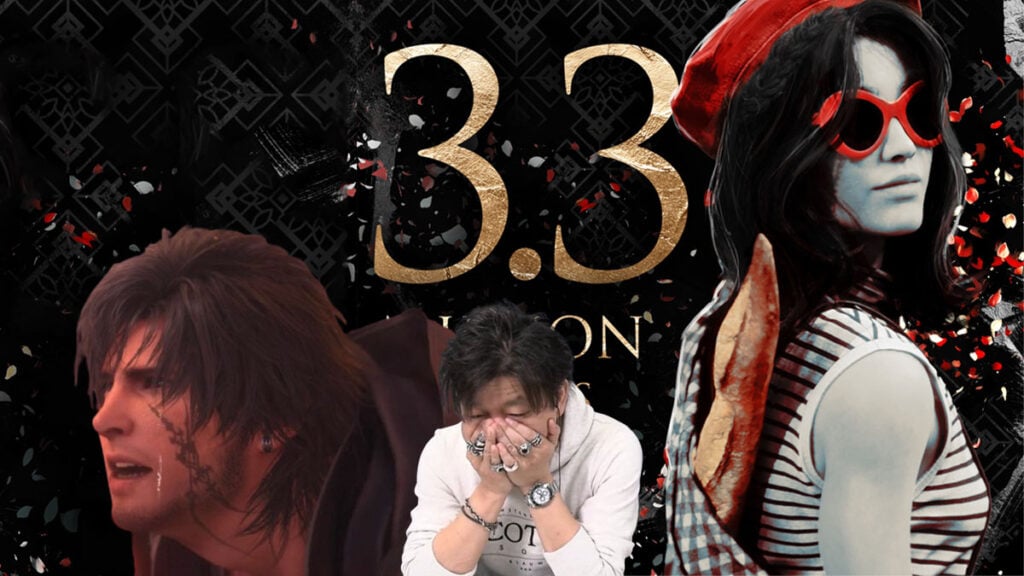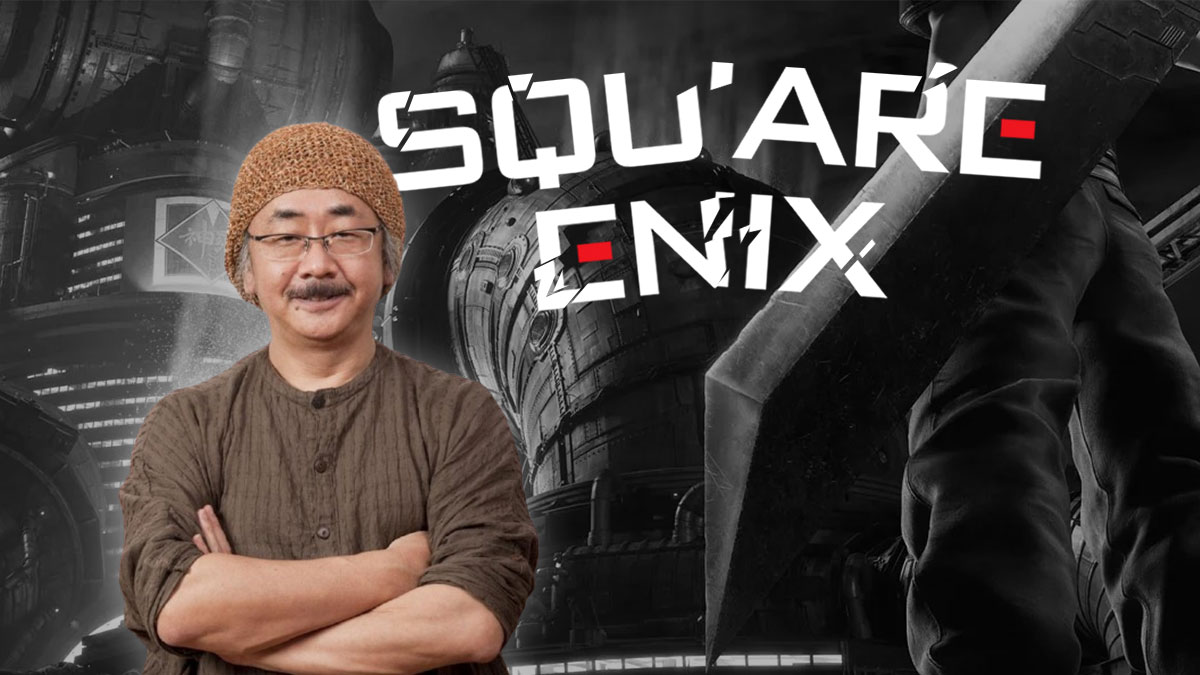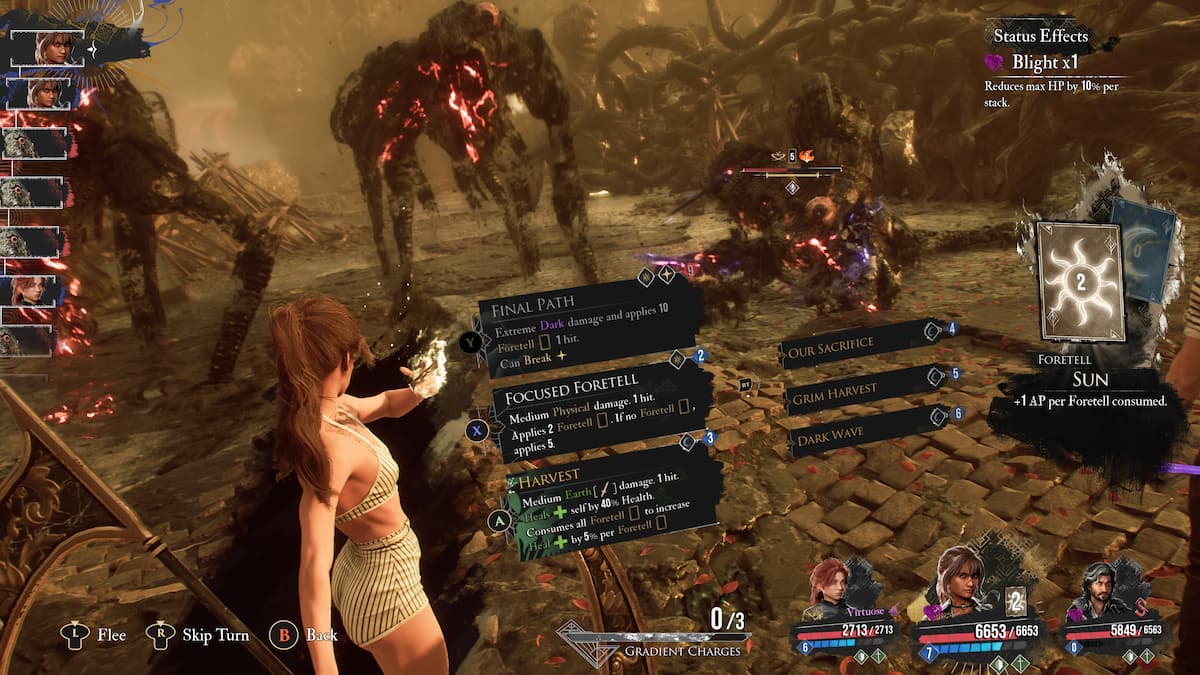When French indie RPG Clair Obscur: Expedition 33 launched in late April, it didn’t just turn heads — it sent a message. A turn-based, narrative-driven RPG with AAA visuals selling 3 million copies in just one month in this day and age? If you didn’t know better, you would’ve thought Expedition 33 was one of Square Enix’s latest blockbusters. You know, the company behind Final Fantasy, Chrono Trigger, and an entire legacy of genre-defining turn-based games.
Instead, Square Enix had spent the last few years chasing action combat trends with mixed results. Final Fantasy 16 may have been praised for its cinematic flair, but it still failed to meet ‘long-term sales expectations’ and raised concerns. Recently, one gamer shareholder, @yuzz__, directly asked the company to make more turn-based Final Fantasy while citing Expedition 33‘s success.
Square Enix’s response was surprisingly humble. According to the shareholder meeting recap, the company is ‘aware’ of the game and reaffirmed that turn-based RPGs are Square Enix’s ‘root.’ They value the genre and plan to keep delivering games like that in the future.
It’s a nice sentiment, but also a bit rich, considering Final Fantasy 16 was made in mind as a clean break from all that. In a Polygon interview last year, producer Naoki Yoshida explained the franchise’s action pivot, “From the feedback I got, it was turning out that people’s opinion of Final Fantasy, as a series, had started to solidify.”
“All Final Fantasies are going to be a JRPG, are going to have anime-type characters, it’s always going to be about teens saving the world, [and] it’s always going to be turn-based,” he explained.
By no means was Yoshida wrong in pointing out how the series had become pigeonholed. Let’s not forget that he is responsible for Final Fantasy 14 MMO that helps keep the series name — and the company’s financials — afloat. But his answer also revealed a deep misunderstanding: that turn-based RPGs were the problem, not the stories or execution.
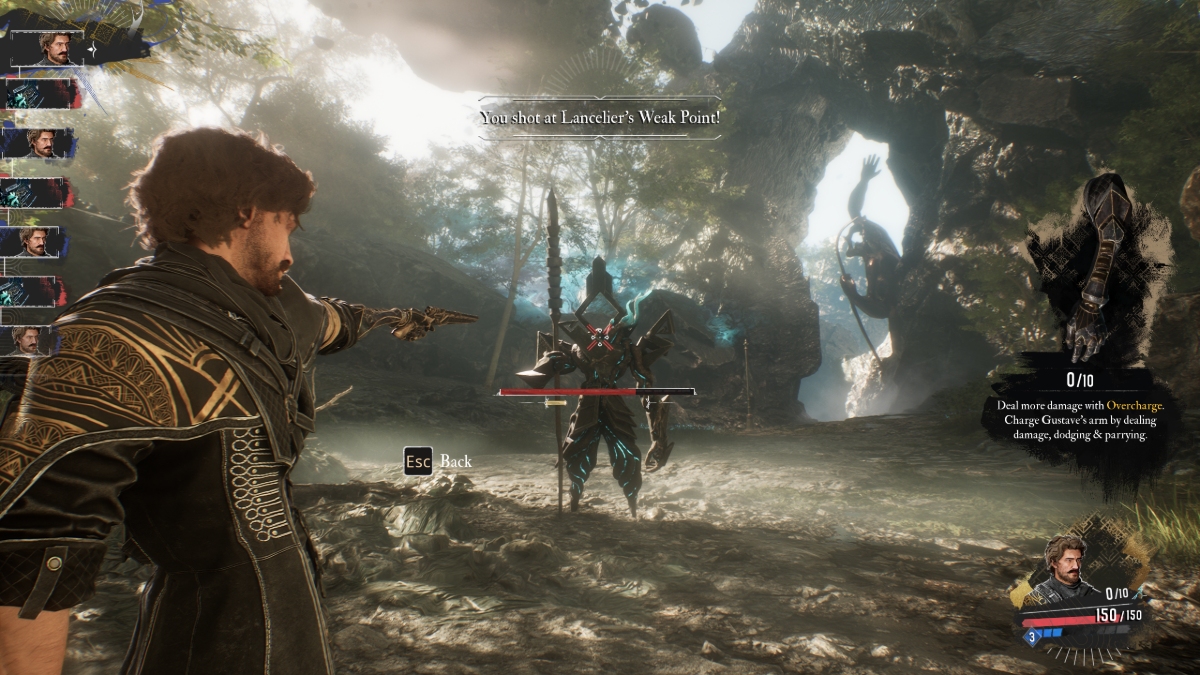
After all, turn-based RPGs have continued to thrive both commercially and critically. Persona 5 sold over 10 million copies, and Atlus keeps pumping out sequels, remakes, and spinoffs like hotcakes. We haven’t even mentioned its main ‘inspiration,’ Shin Megami Tensei. Like a Dragon: Infinite Wealth also broke series records and solidified Ichiban Kasuga as one of the franchise’s main characters. Then, how about Pokemon?
Even Western games like Pathfinder, Divinity: Original Sin II, and Baldur’s Gate 3 became runaway successes, proving the format’s appeal goes beyond the ‘JRPG’ label. The audience for turn-based RPGs is very much still here — and boy, are they starving.
In fact, Square Enix itself has had quiet but steady success with turn-based games. Smaller projects like Octopath Traveler sold over 4 million units across both games, while the Bravely series passed the 3 million mark years ago. Dragon Quest is so beloved in Japan, it stopped being launched on weekdays; otherwise, kids and adults keep skipping school and work to play. The formula clearly works when given the support.
Square Enix should’ve reflected on its lesser-known releases and its roots before diving into Final Fantasy 16. Especially when the company just went through a storm called Final Fantasy 15 not that long ago.
While Noctis and the gang’s road trip did find commercial success, the game was far from a model of confidence. It endured a famously chaotic ten-year development cycle, shifting engines, storylines, and even names. What finally shipped felt like a patchwork with flashy combat that divided fans in particular. Some praised its spectacle, most found it shallow and lacking the strategic depth Final Fantasy was once known for.
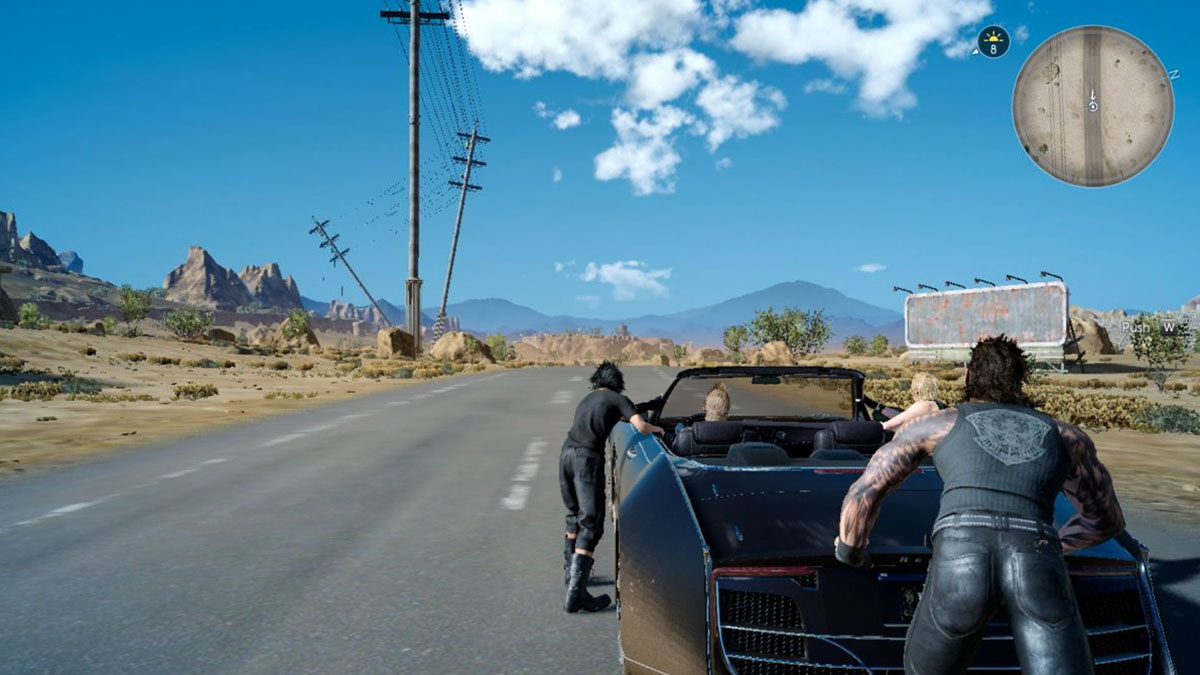
Instead of seeing Final Fantasy 15 as a warning sign, Square Enix seemed to interpret it as justification to double down. We all can now see how that turned out.
This doesn’t mean Square Enix should stop experimenting with action-based RPGs, mind you. Kingdom Hearts, The World Ends With You, and Final Fantasy VII Remake are great examples of blending action and command menus. Crystal Chronicles was also an underrated co-op experience; we just don’t talk about the awful remaster and mobile port, for different reasons. But it’s high time the company treated turn-based design as more than nostalgia fuel or mid-budget filler.
What Expedition 33 has done is shine a light on that missed opportunity. Producing stylish, turn-based RPGs that resonated with modern audiences without abandoning genre roots? That could — and should — be Square Enix’s job. The company that brought us Final Fantasy Tactics and Chrono Trigger shouldn’t be playing catch-up to French indie studios.
If Expedition 33 was the wake-up call Square Enix needed, great. But the fans have been awake for years. Now it’s time for the studio to meet them where they are, all over again.

